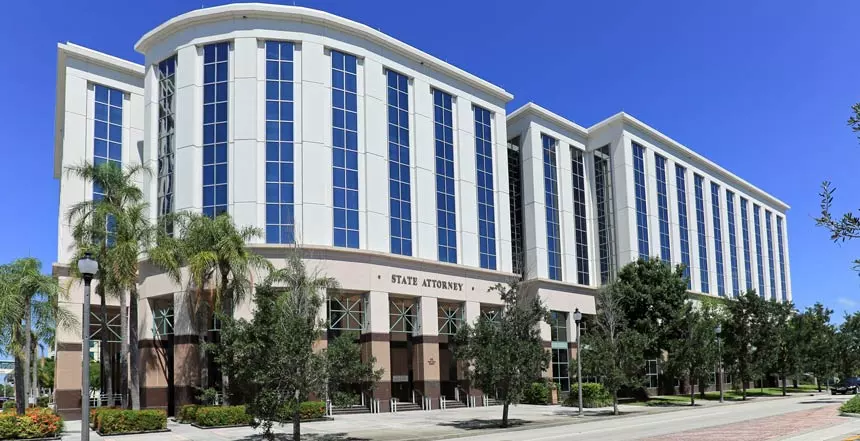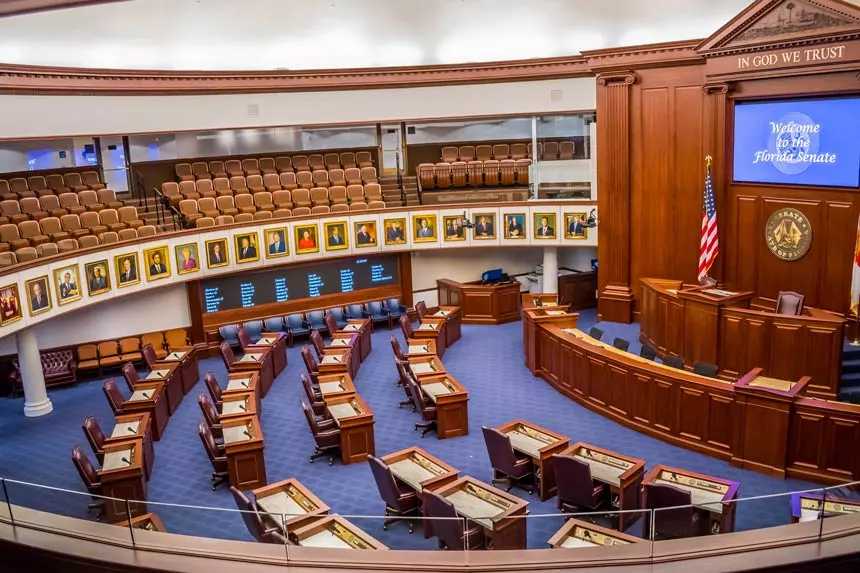States around the country are still reeling from the total number of overdose death counts from 2017. After the Trump Administration released the announcement that the US was currently experiencing a National Health Emergency in regards to the opioid epidemic, many states are figuring out what to do next, and where to get the money.
In Florida, Governor Rick Scott has recently proposed a $53 million budget to the Senate, and the goal, is to directly aim it toward the Florida opioid crisis in an effort to try and tackle it. However, the State Attorney General, Pam Bondi, who is also a member of President Trump’s Opioid and Drug Abuse Commission, states that the proposed $53 million just isn’t going to cut it.
Pam Bondi
As of late, Attorney General Bondi has been very vocal about her discontent with not only the state of panic that many Floridians are currently in, but about how this is largely the fault of Big Pharma, Medical Professionals, and a lack of movement by the state government.
“We need much more money for treatment, and $53 million this year would be a great start” stated Bondi after the Cabinet meeting last month, “It’s got to be enforcement, prevention, treatment.”
Other than that, Attorney General Bondi has been vocal about potentially spearheading a legal suit against multiple opioid and pharmaceutical companies.
Reports of discussion between a board of Florida state attorneys, a private legal firm, and the Cleveland, Ohio federal judge have created whisper that Florida could soon be hopping on the train of suing Big Pharma for over distributing addictive prescriptions and downplaying the dangers of them.
The State so Far

The state of Florida is one of the most well-known treatment areas in the nation. While the substance abuse treatment industry is currently grossing over $1 billion per year in this state alone, the DEA, state officials, and local police forces in Florida are struggling to chop the head off of one illegal rehab snake, just to find three more pop up.
Florida doesn’t need more money for treatment centers, it is already completely flooded with them. The problem is, Florida needs money to investigate and WEED OUT the fraudulent places from the credible ones, and to make those credible centers more available to low-income users.
- Every day, 14 people on average die from a drug overdose in Florida
- There has been an estimated minimum of 7,000 opioid deaths in the state of Florida for 2017
- Since 1999, the amount of prescription opioids sold has nearly quadrupled, annually. Deaths from these drugs have more than quadrupled as well.
- People are bought and sold every day into treatment programs by faulty marketers, who can make anywhere from $500-$3000 for getting a person into rehab.
- Many of these fraudulent rehabs fuel the Florida opioid crisis, by allowing and encouraging clients to relapse, so they can go back to detox and their insurance coverage starts over again.
Again, the issue is NOT a lack of treatment, the issue is treatment being unavailable for people who are not covered by insurance, followed by a lack of repercussions for medical professionals who are overprescribing, and a nonexistent community of healthy and informative harm reduction programs for underprivileged addicts.
The Bills

Dozens of state representatives have been coming forward with potential legislative bills and ideas to help combat Florida’s opioid crisis. Republicans and Democrats alike have been bringing in new ideas, and many were discussed at last months legislative session.
- HB 21/SB8: Rep. Jim Boyd and Sen Lizbeth Benacquisto
- aims to crack down on prescription opioid abuse by limiting the amount that can be prescribed on any medication. This would mean that patients would be given a restrictive 3 day supply ONLY unless they met the strict requirements for a 7 day supply. Other than that, only chronic pain sufferers would be considered for longer supply.
- On the other side, all healthcare professionals would be required to register with the Florida Prescription and Drug Monitoring Program, which tracks and records exactly which patient gets what prescription, how often, how many milligrams, etc., in an effort to reduce overprescribing and doctor shopping.
- 1025: Dem. Nicholas Duran
- The first portion of this bill aims to reinstate the Office of Drug Control in the state of Florida. This government agency was the sole force behind collecting statewide data to track the Florida opioid crisis and other deadly drug trends, such as Flakka, Meth, and Cocaine. It was dismantled in 2011 to curb “wasteful” government spending.
- This bill would also authorize the Health Care Administration to seek a Medicaid waiver from the government that allows coverage on a wider range of treatment options than what it currently provides for people covered under Medicaid.
- The Trump Administration requested that states do this, not to provide coverage for those who are uncovered, but to give those who ARE covered better temporary options.
- Needle Exchange Programs: Dem. Shevrin Jones and Dem. Oscar Braynon
- This bill is encouraging all Florida counties to expand the needle exchange program around the state.
- So far, there has been a highly successful pilot program in Miami-Dade County, that, in less than one year, has distributed over 600 doses of life-saving Naloxone, and has been returned, used, 300 of those doses, meaning 300 lives saved.
So far, the $53 million budget request has been added to the legislation bill, but as of now, it has not been added to the House bill. This means that negotiations are still underway.
As for the Florida opioid crisis, it is still up in the air how, and when, the death toll will start to fall, but one thing is for sure, Florida, and the rest of the nation, need to get to work fast, with whatever money IS available.

